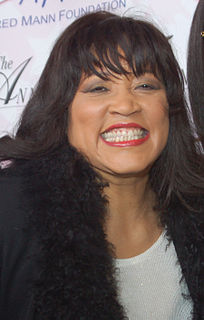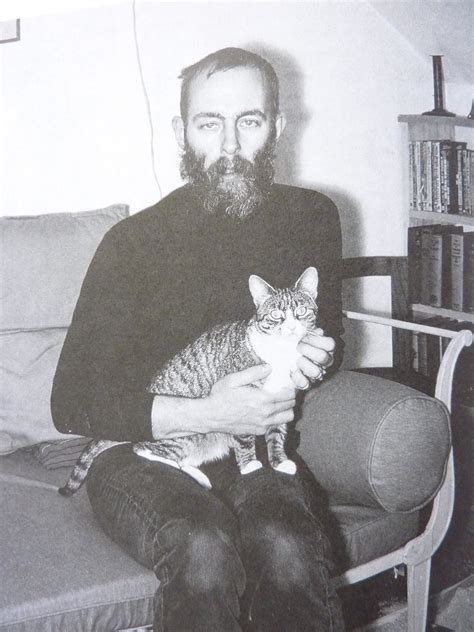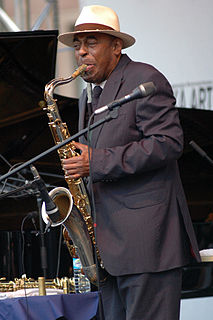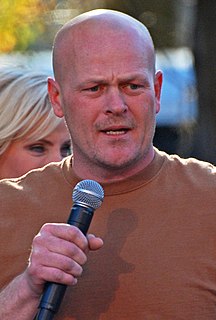A Quote by Ernest Hemingway
Actually if a writer needs a dictionary he should not write. He should have read the dictionary at least three times from beginning to end and then have loaned it to someone who needs it. There are only certain words which are valid and similes (bring me my dictionary) are like defective ammunition (the lowest thing I can think of at this time).
Related Quotes
The bold and discerning writer who, recognizing the truth that language must grow by innovation if it grow at all, makes new words and uses the old in an unfamiliar sense has no following and is tartly reminded that 'it isn't in the dictionary' - although down to the time of the first lexicographer no author ever had used a word that was in the dictionary.
Music is a language, and it's like a dictionary that has a lot of words, but if you limited yourself to a couple of definitions you would be illiterate. If one limits oneself to a peculiar definition like 'new music,' 'avant-garde,' or something like that, I think it's like cutting out half the dictionary.
Now a Jew, in the dictionary, is one who is descended from the ancient tribes of Judea, or one who is regarded as descended from that tribe. That's what it says in the dictionary; but you and I know what a Jew is - One Who Killed Our Lord. And although there should be a statute of limitations for that crime, it seems that those who neither have the actions nor the gait of Christians, pagan or not, will bust us out, unrelenting dues, for another deuce.







































